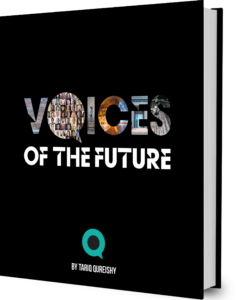Hon. Professor Allan Pease, acclaimed as ‘Mr. Body Language,’ is an international best-selling author and body language expert. His expertise, spanning advising executives to authoring bestsellers, provides valuable insights into human interactions.
He is a distinguished speaker, coach, entrepreneur, and one of the world’s leading authors with 18 Top 10 bestsellers, including 11 number ones co-authored with his wife Barbara. His books have sold over 30 million copies in 55 languages across 100 countries, and he has been featured on covers from Forbes to Cosmopolitan. His monthly column reached 20 million readers, and his #1 European box office hit and TV series ‘Why Men Don’t Listen & Women Can’t Park Cars’ was viewed by over 100 million. Allan’s stage plays have been showcased in major European cities, and as a top conference speaker, he has delivered seminars and speeches in 70 countries.
Allan’s journey, starting in 1950s Australia under his father’s guidance, saw him intuitively learn to read body language, a skill his father mastered over the years in insurance. Growing up, Allan believed that everyone had this ability to discern true intentions.
As an 11-year-old, he got a job selling rubber sponges, and by the end of high school, he was the number one pots and pans salesperson across Australia. He then joined the life insurance business at 19, and broke all the industry’s records. He shares: “My success stemmed from 15 years of gauging people’s behavior and intentions through their facial expressions, often knowing the outcome of a sale before a word was even spoken.”
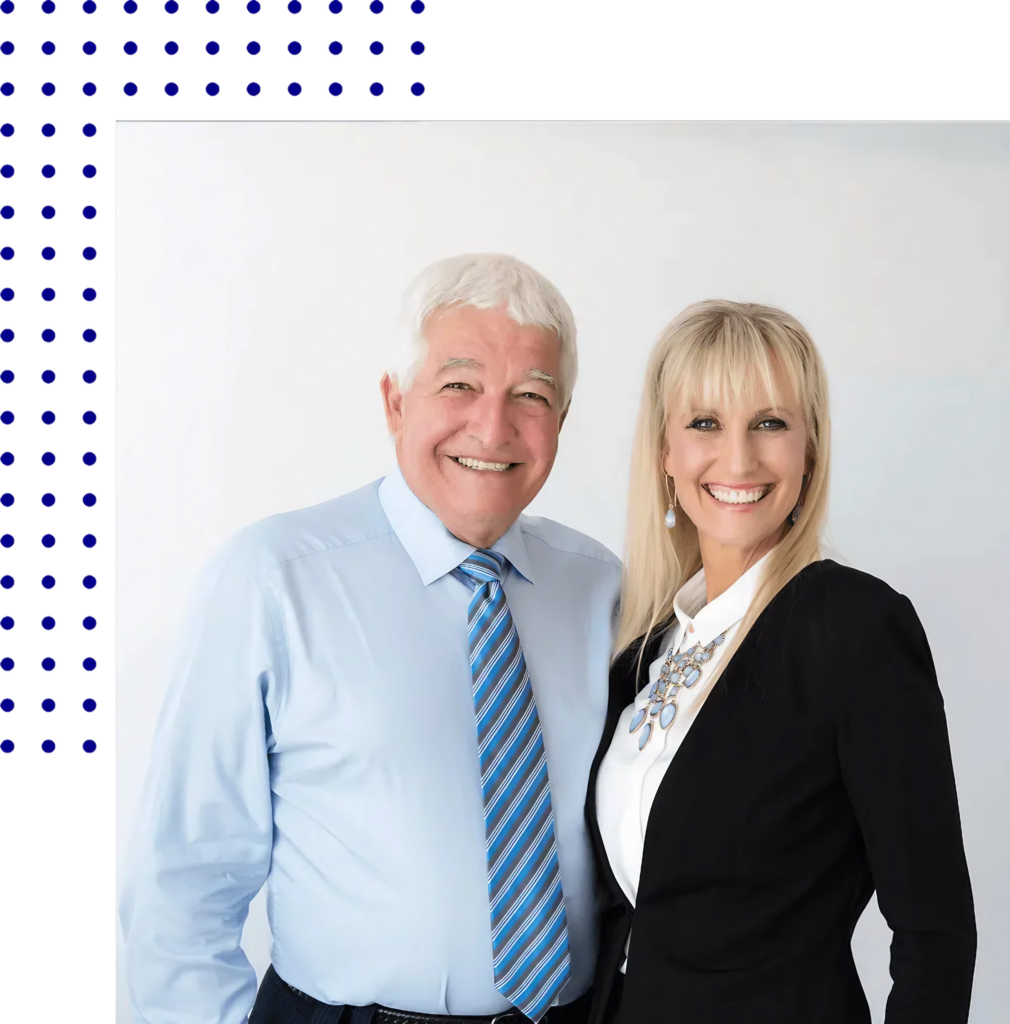
His fundamental knowledge comes from work experience in his youth. Apprenticeships are a dying practice. What did he learn? His answer is enlightening: “In my day, we were thrown into the water and expected to swim; you either swam or sunk. Today, we’re preventing kids from finding out the realities of life.” He asserts: “Previously, hard work led to rewards, and failure was a clear signal to re-evaluate and replan for future success. Unlike today’s youth, who are often cushioned by safety nets, we learned valuable lessons from our failures.”
I share the same perspective: in this world, failure is viewed negatively, overlooking its value as a learning experience. Allan adds: “Success is deeply linked with failure; 80% of what you do in business leads to nothing. As a salesperson, this meant 8 out of 10 door knocks resulted in no sale. But the two successful ones were profitable for me. My approach was to focus on the 10 knocks rather than just the successful two. Most people look for the quick wins and ignore the rest, which is a mistake. You have to go through the 80% of failures to find the 20% of successes. There are no shortcuts in life.”
In his book ‘The Answer,’ he relates that clear decision-making stimulates the brain’s reticular activating system (RAS), focusing attention and shaping perceptions. Hindered by cultural norms, many people, particularly the youth, lack direction. Setting specific goals activates the RAS, leading to more purposeful living. This is akin to noticing a specific car model more once interested in buying it, exemplifying how the RAS prioritizes based on our interests. His book also discusses overcoming negativity and the importance of focusing on the ‘what’ of goals rather than the ‘how’ of achieving them.
The conversation turns to Allan’s magic powers: body language and its impact on business. I ask Allan what advice he would give to a young person on how important body language is in the business realm. “Body language accounts for 60-80% of all interactions between two people, with only 7-10% from words,” he declares. For him, what is crucial is the way you look, appear, and behave because those signal your emotions and feelings. He argues that making a positive impression through body language is crucial to business success, as it influences people’s willingness to engage with you and your ideas. “Business today isn’t about business first; it’s about people,” he asserts.
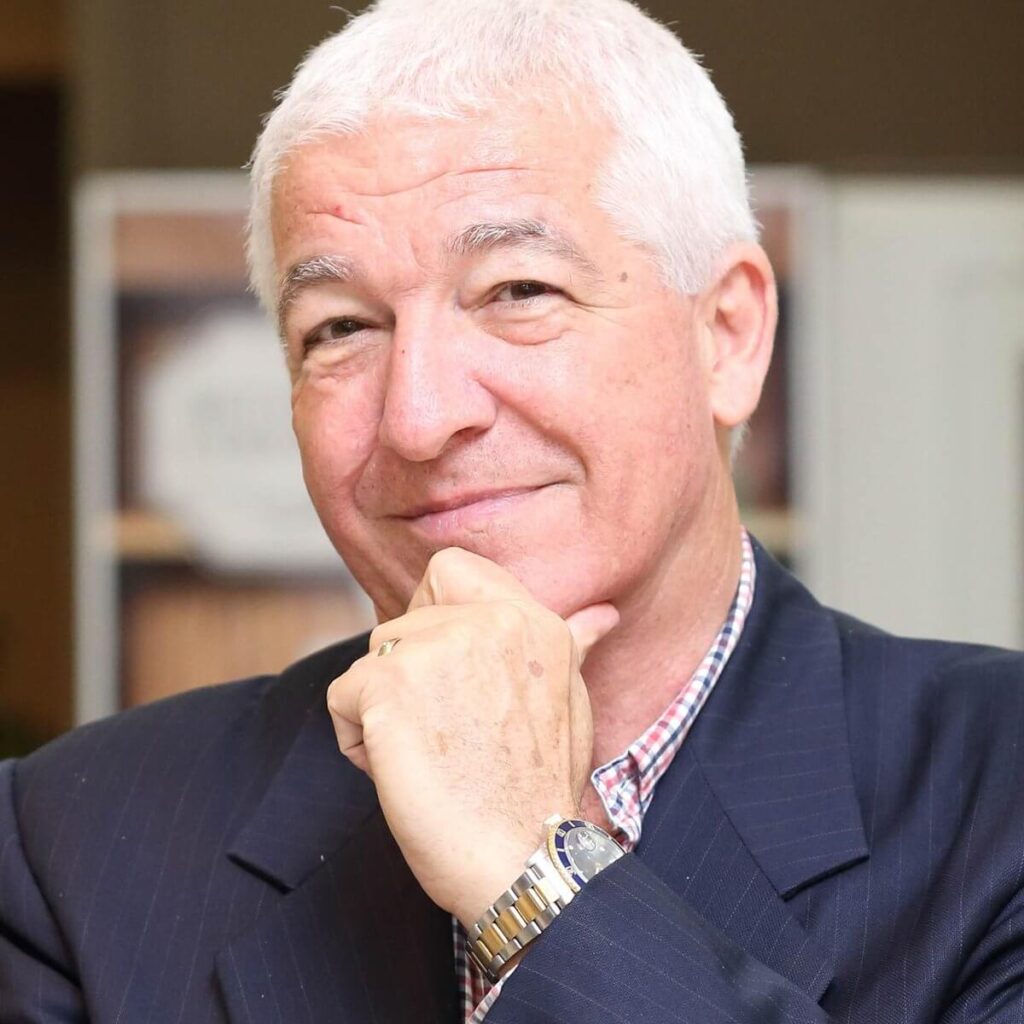
What basic techniques can transform that experience? “It starts with the handshake,” says Allan. Key elements like handshakes, eye contact, and posture quickly establish first impressions, influencing how others perceive and respond to us. He describes: “This happens in less than 10 seconds. New people form up to 90% of their impressions of you in the first four minutes. Regardless of whether their first impression is accurate, they’ll respond and treat you based on that perception.”
The impact of body language is mostly intuitive and instinctive, he believes. Many are unaware of their nonverbal cues until they see themselves on camera. Allan explains successful communicators, like politicians, excel in body language. Effective first impressions, often seen as ‘faking it,’ can become natural with practice, changing perceptions significantly. He shares an example: changing a simple gesture like the positioning of hands can dramatically alter others’ perceptions of confidence and emotional control.
What everyone can also master is the ‘rule of three.’ “The brain only fully comprehends something when it is presented three times; four times is excessive, and twice is insufficient,” he explains that this appeals to the brain’s natural pattern recognition.
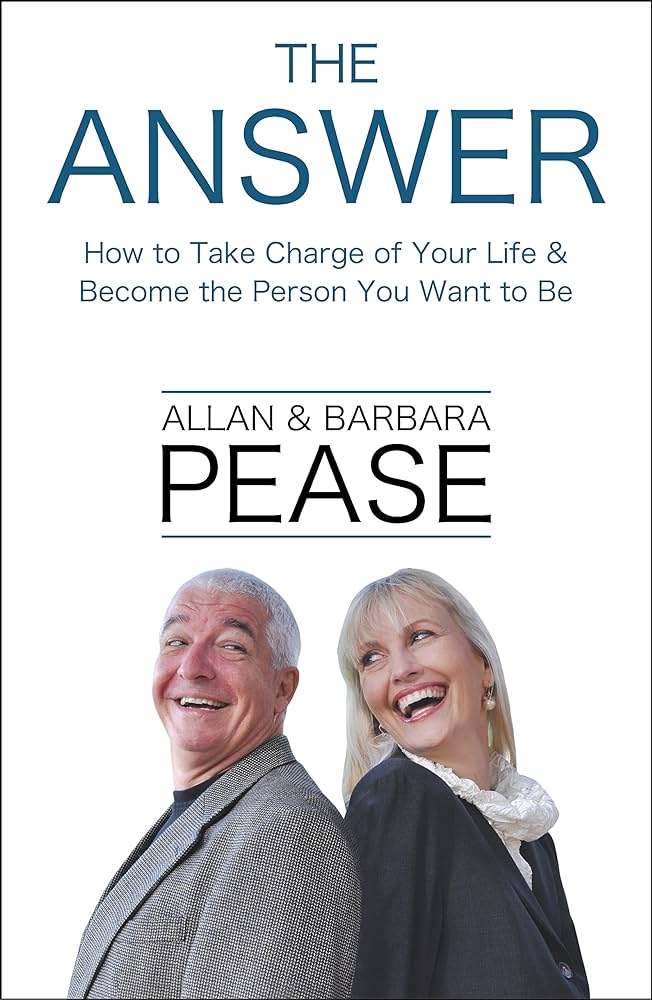
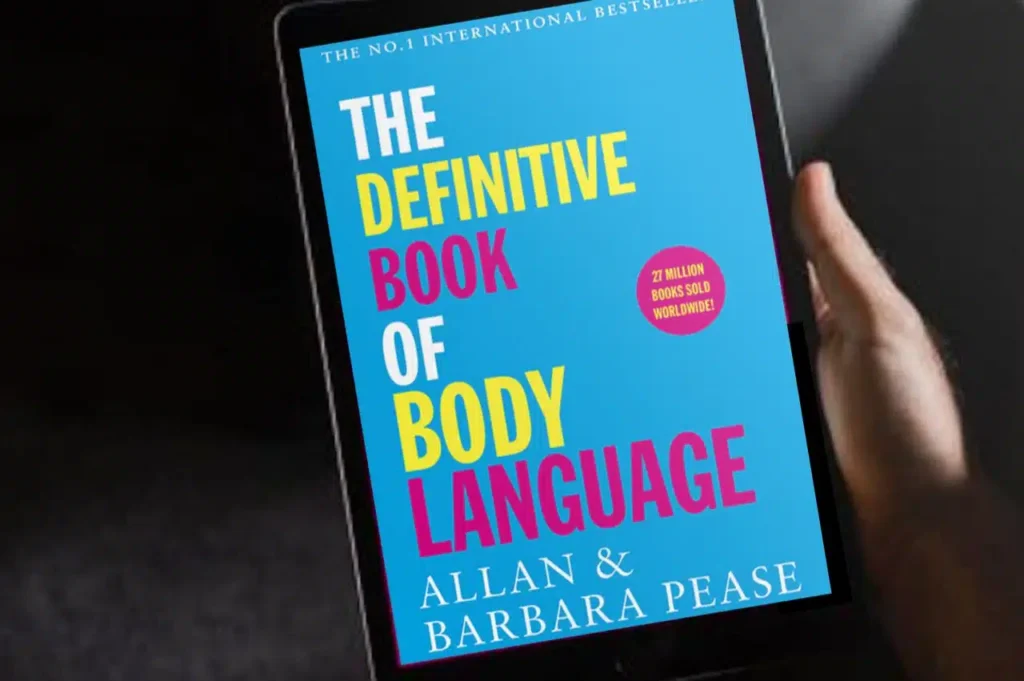
Technologies like AI and robotics will take over 90% of technical tasks. The 10% remaining will be about humanity, love, connection, touch, and feel, which will become incredibly valuable as we go forward. In that regard, body language nonverbal communication – is decisive. For him, with the advent of Skype and similar video conferencing platforms, the importance of body language has surged again. He says: “Unlike inperson interactions where the brain processes the entire environment, video calls focus attention intensely on facial details, making it crucial to be adept at reading facial expressions. A concerning study revealed that Generation Y have about 10% fewer brain connections related to recognizing emotions in faces compared to older generations.” This is attributed to their increased screen time and reduced face-to-face interactions. He cautions that younger people may be less capable of detecting emotional cues, potentially leading to a broader insensitivity to others’ needs as technology advances.
Over 65% of the population in Dubai is below the age of 30, a significant issue for the future.
Today, there’s a tension between jobs and entrepreneurship. From his experience, what do young people need to do? “A job will give you basic coalface experience, which you can relate to other people. An entrepreneur is a person who not only decides exactly what they want but also creates things that don’t exist,” he shares. “The minute you decide what it is you want to be, become it. The secret is to decide clearly, but don’t think about how you’re going to achieve it. To be a successful entrepreneur is thinking about what you do want as opposed to what you don’t want.”

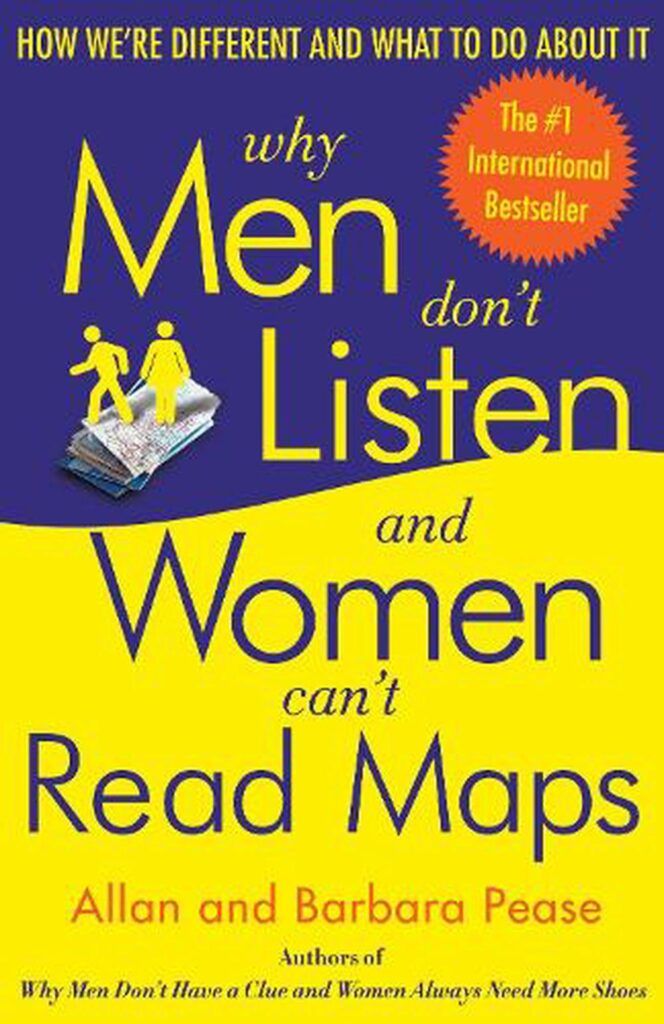
I am interested in Allan’s perspective on today’s leadership. “Well, leadership has changed,” he posits. “Historically, leadership has been high testosterone leaders, almost always male. That’s all changed now.” According to him, leaders of the new generation are coaches. He shares: “The coach runs behind the team and encourages them to make group decisions, which is a female-type approach.”
His message to the world for the future is profound: “Success is about deciding to become whatever you want – whether it’s more successful, wealthier, or better in any aspect. Most people fail to make this decision. They stick to what’s comfortable and keep repeating the same patterns. This often leads to dissatisfaction in their careers. My advice is to step out of a job you don’t love. It’s better for you and fairer to your employer to stop wasting time in a position that doesn’t fulfill you.


